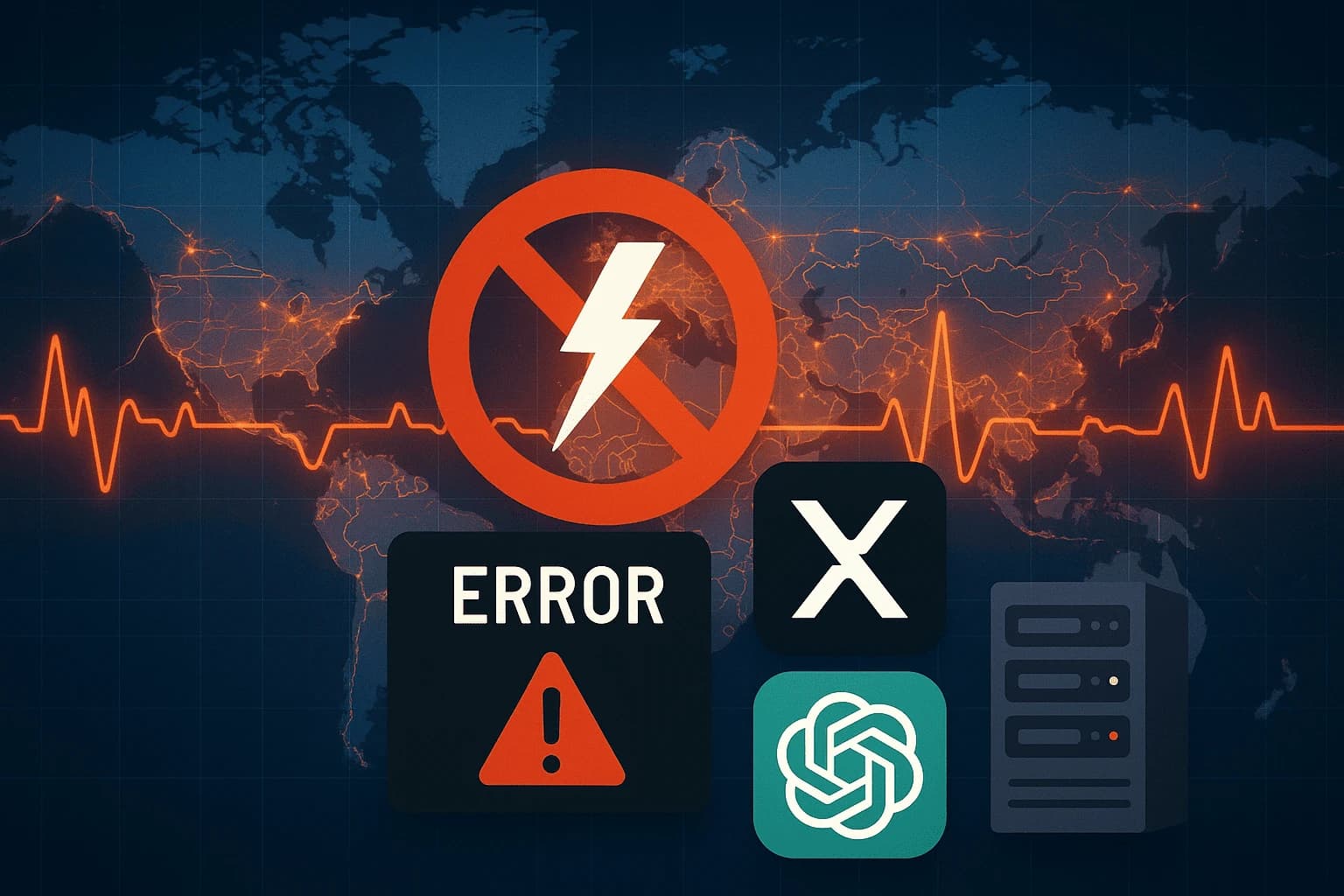Judge Frank Caprio, Beloved ‘World’s Nicest Judge,’ Dies at 88 After Brave Battle with Pancreatic Cancer

* All product/brand names, logos, and trademarks are property of their respective owners.
The world lost a shining beacon of kindness and justice on August 20, 2025, with the passing of Judge Frank Caprio at the age of 88. Known globally as the “World’s Nicest Judge,” Caprio’s name became synonymous with compassion, fairness, and human decency in the courtroom. His soft-spoken demeanor, witty remarks, and gentle approach to justice turned a small local courtroom in Providence, Rhode Island, into a global sensation.
Judge Caprio rose to international fame through his hit show Caught in Providence, where he presided over minor traffic cases and municipal issues. But what made his show go viral wasn’t just the rulings—it was the humanity behind them. He listened. He empathized. He forgave. He gave people dignity, often saying, “I want people to walk out of this courtroom feeling better than when they walked in.” That simple yet powerful approach touched millions worldwide, earning him millions of followers and fans across continents—including in Pakistan, where his videos were regularly shared on social media as examples of moral justice and kindness.
His death came after a long and courageous battle with pancreatic cancer, a fight he shared openly in a heartfelt video from his hospital bed just days before his passing. Even in his final message, Judge Caprio radiated humility and gratitude, asking for prayers and reminding the world that “the Almighty above is looking over us.”
The outpouring of love following his death has been overwhelming. From global media outlets to local communities, and from celebrities to everyday citizens, tributes have poured in celebrating not just a judge, but a deeply good man. In a world that often feels cold and complex, Judge Frank Caprio reminded us of something beautifully simple: justice can be kind, and kindness is a form of justice.
The Life and Legacy of Judge Frank Caprio
Humble Beginnings in Rhode Island
Frank Caprio was born in 1936 in the heart of Providence, Rhode Island, to Italian immigrant parents. His early life was grounded in simplicity—his father, Antonio Caprio, worked as a fruit peddler and milkman, while his mother maintained their modest home. Raised in a working-class neighborhood, Caprio’s childhood was shaped by the values of hard work, humility, and compassion.
Despite limited resources, education was always a priority in the Caprio household. Frank attended public schools and later worked multiple jobs while pursuing his law degree at night—teaching high school by day and studying law at Suffolk University by night. This unwavering dedication reflected his commitment to public service and his deep understanding of the struggles faced by everyday people.
His humble roots became the foundation of his courtroom philosophy: everyone deserves to be heard, and no one is above or beneath the law.
Rise to Fame Through Compassionate Justice
In 1985, Frank Caprio was appointed as a Providence Municipal Court Judge. At first, it was a quiet local role—dealing with minor traffic offenses, parking violations, and small civil disputes. But Caprio didn’t treat these as routine cases. Instead, he infused each hearing with empathy, curiosity, and respect. Over time, his unique approach drew attention, and clips from his court sessions began circulating online.
The show Caught in Providence, originally a local cable production, gained national syndication and global viral fame between 2018 and 2020. Viewers from all over the world—Pakistan included—were moved by the way he connected with defendants, asking about their personal lives, hardships, and motivations before delivering judgment. His courtroom became a platform not just for justice, but for humanity.
He often waived fines for those struggling financially or shared words of encouragement with struggling youth. In one memorable case, he dismissed a traffic ticket for a single mother caring for her disabled child—saying, “You’re doing your best, and that deserves a little grace.” These moments made him a global icon for moral justice.
Values That Made Him a Global Inspiration
Judge Caprio’s legacy is not just in rulings, but in the values he stood for: compassion, fairness, humility, and humanity. Unlike many in the justice system, he didn’t see the courtroom as a place of punishment, but as a place of understanding and redemption.
What made him stand out was his ability to merge the letter of the law with the spirit of kindness. His approach resonated across cultures, languages, and borders. In countries like Pakistan, where judicial systems often feel intimidating or disconnected, Caprio’s model became a source of inspiration—showing how justice can uplift rather than condemn.
He never sought fame, but embraced it as an opportunity to spread kindness. “If I can make someone smile while holding them accountable, then I’ve done my job,” he once said.
Final Days, Public Farewell, and Global Tributes
His Brave Battle with Pancreatic Cancer
In late 2024, Judge Frank Caprio publicly revealed that he had been diagnosed with pancreatic cancer—a disease known for its aggressiveness and low survival rates. True to his resilient spirit, he faced this challenge with quiet courage and transparency. Rather than retreating from the public eye, he continued to post updates, thank his supporters, and share moments of reflection.
Just one day before his death, he released a touching video from his hospital bed, gently asking fans around the world to keep him in their prayers. With oxygen tubes in place and visible signs of pain, he smiled and said, “The Almighty above is looking over us… remember me, please.” This final message struck a deep chord across social media platforms, spreading across the U.S., South Asia, and the Middle East.
His bravery in the face of terminal illness was not just medical—it was emotional, spiritual, and deeply human. He didn’t fear death; he embraced peace. His openness during such a vulnerable time made his passing feel personal to millions who had never met him, but felt like they knew him.
Emotional Reactions and Worldwide Tributes
As soon as news of Judge Caprio’s passing was confirmed, tributes began pouring in from every corner of the globe. Rhode Island Governor Dan McKee called him a “true treasure of the state,” ordering all flags to be flown at half-staff in his honor. His family released a statement urging fans to “continue his legacy by showing kindness wherever you go.”
Social media flooded with clips of his most memorable court cases, quotes about empathy and forgiveness, and fan-made artwork honoring him. Hashtags like #FrankCaprio, #NicestJudge, and #CaughtInProvidence trended globally on X (formerly Twitter), Instagram, and TikTok.
From American TV anchors to Pakistani YouTubers, everyone shared stories about how Judge Caprio touched their lives. In Karachi, a popular legal podcast aired a special tribute episode titled “The Judge the World Needed,” while school groups in Lahore and Islamabad shared his clips as examples of “justice with heart.”
For many, he wasn’t just a TV judge—he was a moral guide.
Lessons for the World—Especially Pakistan
Frank Caprio’s courtroom philosophy holds profound relevance for judicial systems around the world—including Pakistan. In a country where legal proceedings can often feel rigid, intimidating, or inaccessible, Caprio’s example shows that justice doesn't have to be harsh to be effective.
His approach teaches that every person who stands before the bench is more than just a case number—they are a story, a life, a human being. Pakistani judges, legal scholars, and activists have long called for reforms that prioritize accessibility and empathy in the courtroom. Judge Caprio's model offers a powerful blueprint.
Imagine traffic courts in Lahore or Karachi that start each session with a simple question: “How are you doing today?” The effect could be transformative. Not only would it restore public trust, but it could also reduce repeat offenses through compassion-led accountability.
In an increasingly divided world, Judge Caprio reminded us that a little kindness can go a long way—even in the halls of justice.
Conclusion
Judge Frank Caprio didn’t just preside over a courtroom—he presided over the hearts of millions. His passing at age 88 has left a void that cannot be filled, but his legacy will live on in the countless lives he touched, the lessons he taught, and the compassion he demonstrated every day from the bench.
In an era where justice often feels cold, bureaucratic, or inaccessible, Caprio stood out by doing something radical—he listened. He saw people. He made space for stories, not just citations. And in doing so, he reminded us all that fairness isn’t just about enforcing the law—it’s about understanding it in the context of humanity.
His life story, from a humble beginning in Providence to becoming the "World’s Nicest Judge," proves that integrity and kindness can not only coexist with authority—they can amplify its impact. Whether it was dismissing a fine for a struggling single mother, laughing with a nervous student, or sharing words of encouragement with the elderly, Caprio’s every decision carried the weight of empathy.
As we reflect on his life and death, we’re reminded that the most powerful people aren’t always those who shout the loudest or wield the harshest penalties—but those who lead with love, fairness, and humility.
To the world, he was a judge. To many, he was a role model. To some, he was a symbol of what justice could look like. But to all of us, he was a reminder that kindness is a choice we can make—every single day.
Let us honor Judge Caprio by embodying that same kindness in our own communities—be it in a courtroom, a classroom, or even at a simple traffic stop. Because as he proved, justice served with compassion can change lives.
Rest in peace, Your Honor. And thank you—for showing us how justice can truly be beautiful.
Related Posts

Indian Tejas Fighter Jet Crashes in Fiery Explosion at Dubai Air Show, Pilot Dead
22 November 2025

Cloudflare Outage Causes Global Internet Disruption — X, ChatGPT & Major Sites Down
18 November 2025
Comments (0)
No comments yet. Be the first to comment!

.webp&w=3840&q=75)